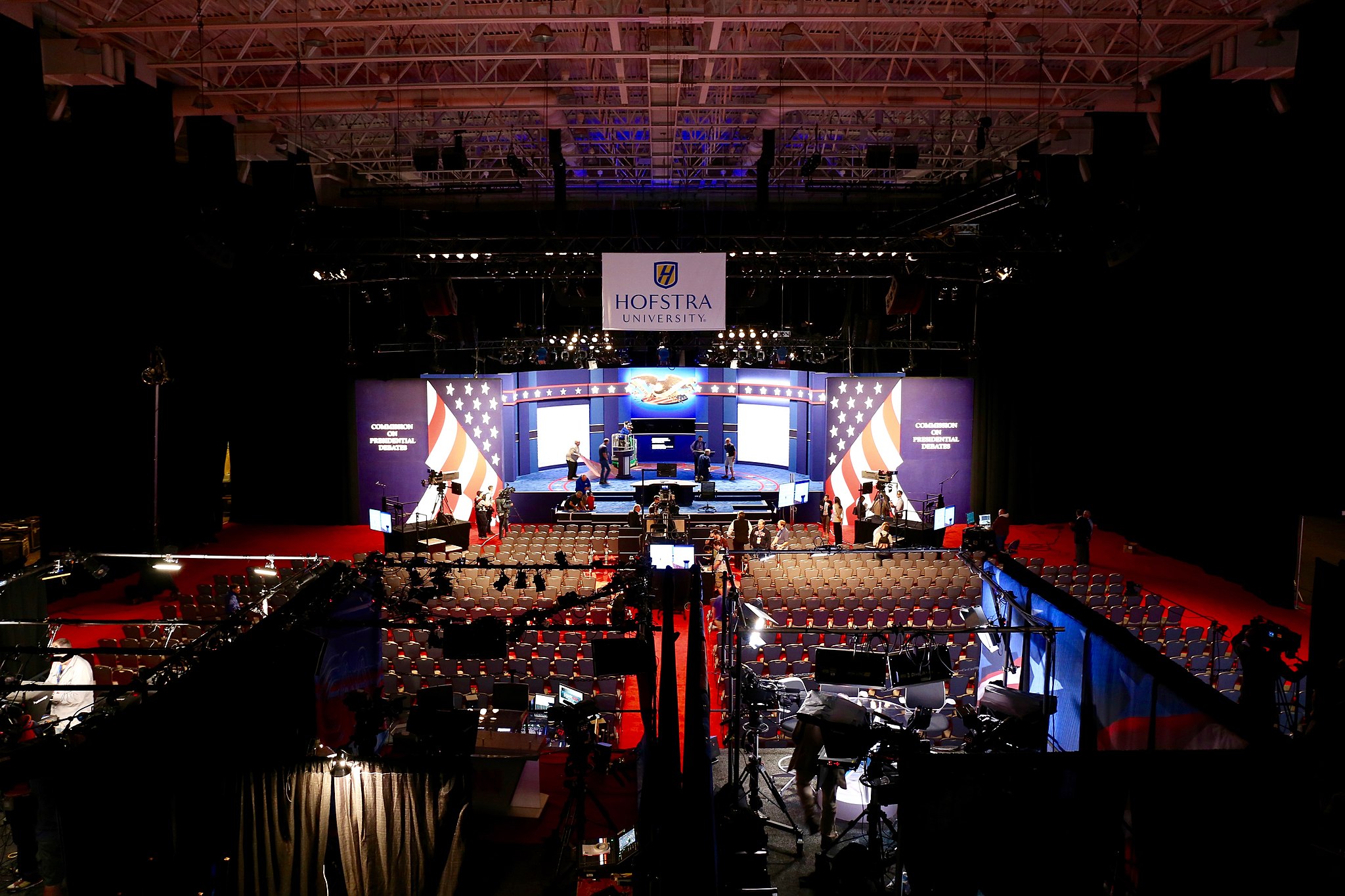
2016 U.S. Presidential Debate: Donald Trump vs. Hillary Clinton: A Political Analysis
During the first 2016 U.S. presidential election debate, Donald Trump and Hillary Clinton faced off in a sometimes heated debate that revolved around a number of key issues. Compared to the 2020 U.S. presidential election debate between Donald Trump and Joe Biden, it’s clear the temperature has changed for the worse in the U.S., at least within the political system.
“Donald, I know you live in your own reality,” said Clinton in the highly-anticipated event hosted at Hofstra University in Hempstead, New York, suggesting Trump lies. She also suggested he was and is a racist and a sexist.
Throughout the debate, Clinton called Trump by his first name — a sign of the lack of collegiality that has seeped into recent U.S. politics, including but not limited to the first U.S. presidential debate during the 2020 cycle between Biden and Trump where Biden asked the then-U.S. president Trump to “shut up.”
The sharpest exchanges in the 2016 debate, however, involved issues of race and gender.
Trump avoided explaining his support for “birtherism,” falsely accusing Clinton partisans of spreading it during the 2008 Democratic primaries. He also avoided explaining why he suddenly announced, earlier in the month, that he now believes former U.S. president Barack Obama was born in Hawaii, after years of suggesting otherwise.
In the 2020 debate, Trump took the race issue and ignited it on fire when he told the Proud Boys, a white supremacist group, to “stand back and stand by” while denouncing left-wing groups like Antifa — something that exemplifies the ways in which the political temperature and conversation, at official events like debates, has been dialed way up since the 2016 debate.
Clinton, in fairness, said Trump built his entire political career by promoting the claim that Obama was not an American citizen, calling it a “racist lie,” during the 2016 debate. Noting Trump’s company was sued for housing discrimination back in the 1970s, Clinton said he “has a long record of engaging in racist behaviour.” Trump answered by saying the Justice Department was suing a number of other companies for racial discrimination at the time.
Trump did not retract previous comments that said Clinton lacked “the look” and “the stamina” to be president. In additional comments which likely referred to her health, Trump said “I don’t believe Hillary has the stamina” to endure the burdens of the presidency.” Clinton fought back and suggested that when Trump travels to more than 100 countries, engages in marathon testimony to congressional committees, then “he can talk to me about stamina.” Throughout the debate, Clinton made it a point to bring attention to Trump’s past unpresidential comments, including his past references to looks, arguing that “this is a man who calls women pigs, slobs, and dogs.”
Overall, the debate was very much effective in that it showed the ways in which the temperature has heated up since 2016, but it also vindicated Clinton, especially in regards to her comments about Trump’s taxes, in which she suggested he paid none. (The New York Times confirmed this in a 2020 report.) But the real loser in this debate was the American people, who have lost the civility that once ruled their politics, and in the broader public sphere.